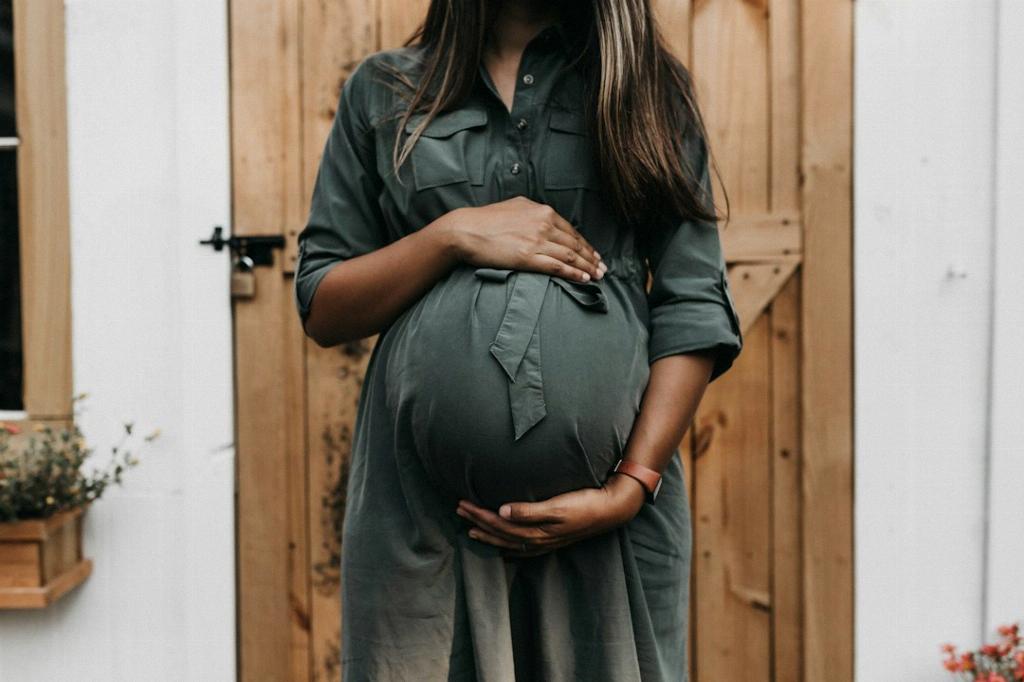Discovering you are pregnant can be an overwhelming and emotional experience. You may find yourself reflecting on your activities before you knew you were expecting, including the potential consumption of alcohol. If you drank alcohol in the first month of pregnancy, it’s natural to have concerns about the possible impact on your baby’s health. Let’s delve deeper into this complex issue.
It is important to note that the first month of pregnancy is a crucial time for fetal development. During this period, the baby’s major organs and systems begin to form. Any substance, including alcohol, that enters your body during this critical phase can potentially affect the developing fetus.
Alcohol is known to cross the placenta, reaching the baby’s bloodstream. This means that if you consumed alcohol in the first month of pregnancy, there is a possibility that your baby was exposed to its effects. The extent of the impact may vary depending on factors such as the amount and frequency of alcohol consumed.
Research has shown that alcohol use during pregnancy can lead to various negative outcomes, including an increased risk of miscarriage and stillbirth. These risks are especially concerning in the early stages of pregnancy when the baby’s health is most vulnerable to external influences.
It is essential to understand that the effects of alcohol on a developing fetus can be long-lasting and potentially irreversible. Exposure to alcohol during pregnancy has been linked to a range of developmental issues, including cognitive impairments, behavioral problems, and physical abnormalities.
While the risks associated with alcohol consumption in the first month of pregnancy are concerning, it is essential to remember that every pregnancy is unique. Not all women who drink alcohol during this period will experience negative consequences. However, the safest approach is to avoid alcohol entirely when trying to conceive and throughout pregnancy.
If you have consumed alcohol in the early weeks of pregnancy and are worried about its potential impact on your baby, it is advisable to speak with your healthcare provider. They can provide guidance, support, and monitor your pregnancy to ensure the best possible outcome for you and your baby.
Remember, it is never too late to make positive changes for your health and the well-being of your baby. By making informed choices and seeking appropriate medical guidance, you can take proactive steps to promote a healthy pregnancy and give your baby the best start in life.
In conclusion, if you drank alcohol in the first month of pregnancy, it is important to acknowledge the potential risks and take proactive measures to safeguard your baby’s health. Consulting with healthcare professionals and adopting a alcohol-free approach during pregnancy can help mitigate any potential harm and support a positive outcome for both you and your baby.

